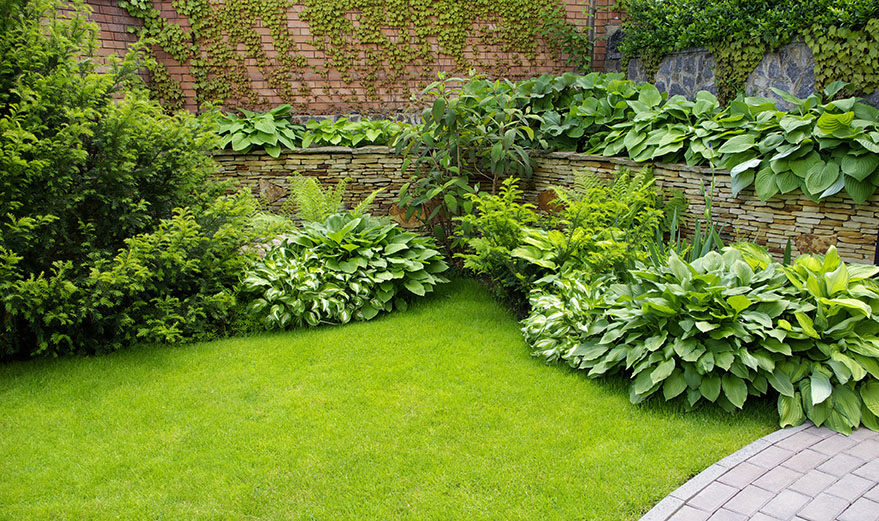

A garden is a planned space where plants are grown for food, beauty, or both. Gardens can be small or large, and they can be found in many different places, such as backyards, parks, and even on rooftops.
Gardens are important because they provide us with food and beauty. They also help to clean the air and water, and they provide a place for people to relax and enjoy nature.
Gardens are a type of ecosystem. An ecosystem is a community of living things that interact with each other and their environment. The plants in a garden interact with each other, with the soil, and with the animals that live in the garden.
Gardens can be designed to be sustainable. Sustainable gardens are designed to use resources efficiently and to minimize their impact on the environment. Sustainable gardens can use rainwater harvesting, composting, and other techniques to reduce their water and energy use.
Gardening is a great way to connect with nature and learn about the environment. It is also a great way to get exercise and relax. If you are interested in gardening, there are many resources available to help you get started.
The gardener was tending to the garden.

Noun: garden, gardens.
Adjective: garden.
Verb: garden, gardened, gardening.
The word "garden" comes from the Old English word geard, which means "enclosure". The Old English word geard is related to the Old Norse word garðr, which also means "enclosure".
What can you find in a garden?
Question: How can gardens benefit the environment?
Answer:
Gardens can benefit the environment in a number of ways, including:
Mental and physical health benefits: Gardens can also provide mental and physical health benefits for people. Gardening can reduce stress, improve mood, and increase physical activity. It can also provide a sense of community and connection to nature.
Address
Developing Experts Limited
Exchange Street Buildings
35-37 Exchange Street
Norwich
NR2 1DP
UK
Phone
01603 273515
Email
hello@developingexperts.com
Copyright 2025 Developing Experts, All rights reserved.